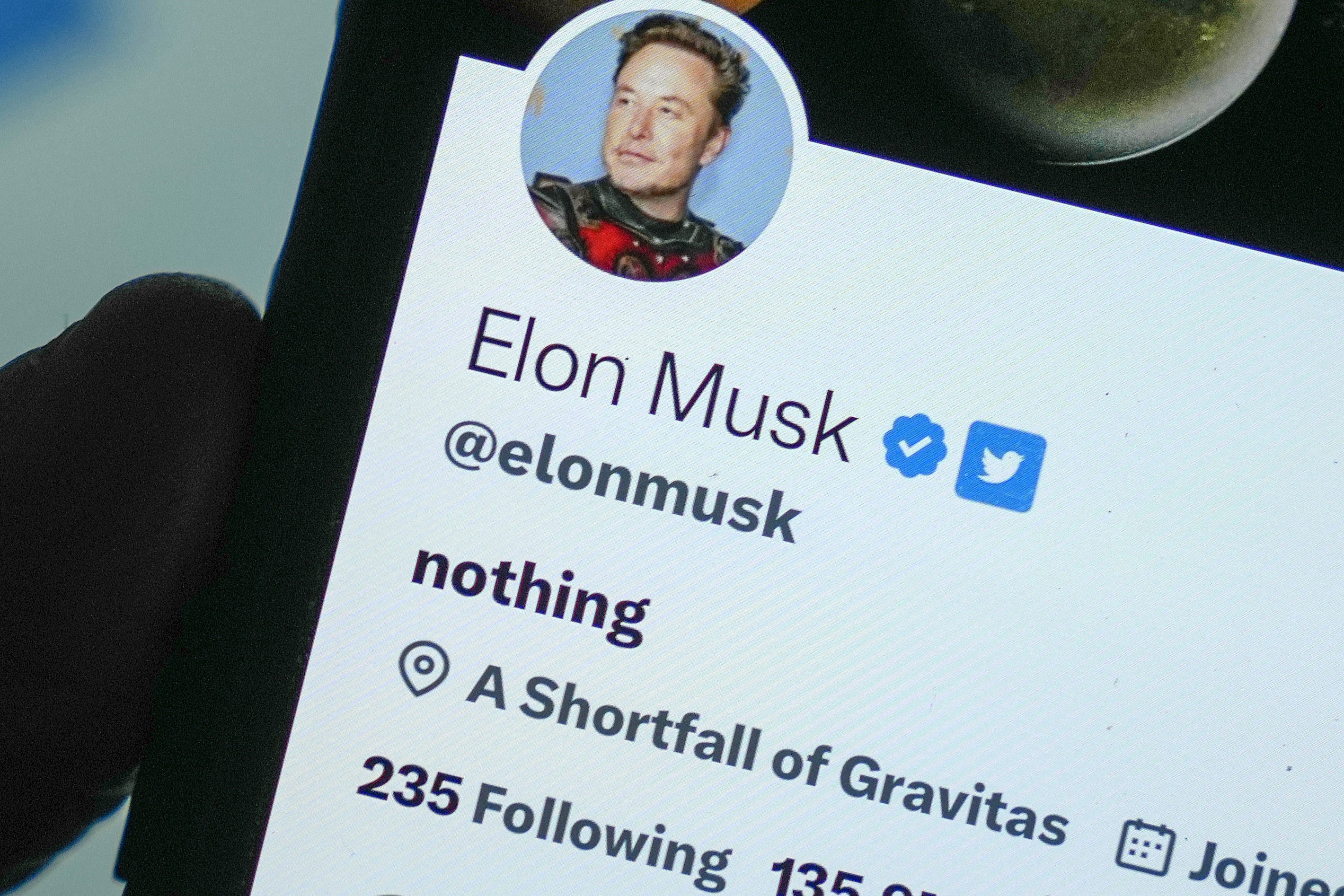Blue checkmarks on X trick users, EU claims
Paid-for ticks linked to ‘dark patterns’ in landmark investigation

Your support helps us to tell the story
From reproductive rights to climate change to Big Tech, The Independent is on the ground when the story is developing. Whether it's investigating the financials of Elon Musk's pro-Trump PAC or producing our latest documentary, 'The A Word', which shines a light on the American women fighting for reproductive rights, we know how important it is to parse out the facts from the messaging.
At such a critical moment in US history, we need reporters on the ground. Your donation allows us to keep sending journalists to speak to both sides of the story.
The Independent is trusted by Americans across the entire political spectrum. And unlike many other quality news outlets, we choose not to lock Americans out of our reporting and analysis with paywalls. We believe quality journalism should be available to everyone, paid for by those who can afford it.
Your support makes all the difference.The European Union has warned X (formerly Twitter) that its blue checkmarks for verified accounts may be being used to deceive users.
An investigation into the verification system, published on Friday, also found that it could be in violation of the EU’s Digital Services Act (DSA), which regulates illegal online content and disinformation.
The blue check system used to be a way to verify the authenticity of Twitter accounts that might be noteworthy or influential, such as those of celebrities, politicians and journalists. After Elon Musk bought the platform for $44 billion in October 2022, the tech billionaire overhauled the system to allow anyone willing to pay $8 per month to get a blue tick by their account name.
“Back in the day, Blue Checks used to mean trustworthy sources of information,” EU Commissioner Thierry Breton posted on Friday.
“Now with X, our preliminary view is that: they deceive users; they infringe DSA. X has now the right of defence – but if our view is confirmed we will impose fines and require significant changes.”
If found guilty, X faces a fine of up to 6 per cent of its global revenue.
According to the EU, the verification method can be linked to “dark patterns” that can be used by malicious actors to trick and mislead users.
It is the first time a major tech company has been charged under the EU’s new social media regulations since they came into force.
“In our view, X does not comply with the DSA in key transparency areas, by using dark patterns and thus misleading users, by failing to provide an adequate ad repository, and by blocking access to data for researchers,” EU competition chief Margrethe Vestager said in a statement.
“The DSA has transparency at its very core, and we are determined to ensure that all platforms, including X, comply with EU legislation.”
Join our commenting forum
Join thought-provoking conversations, follow other Independent readers and see their replies
Comments